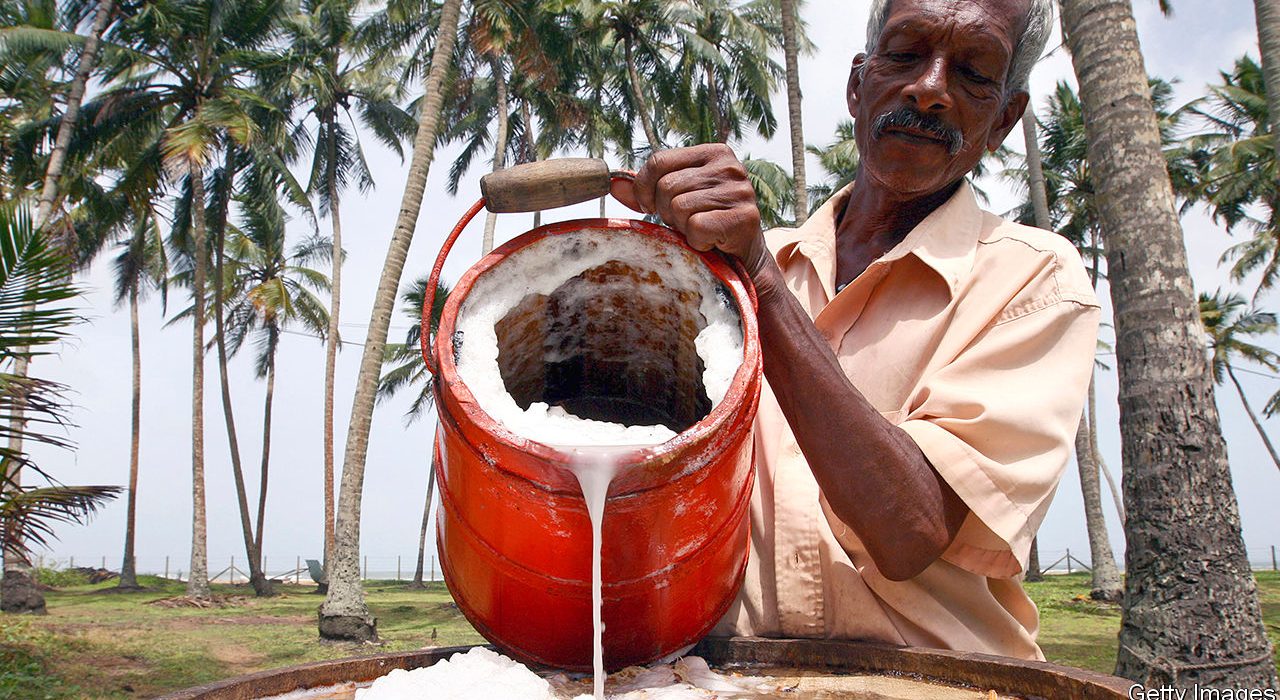Sri Lanka’s high alcohol taxes are pushing consumers, already impacted by the economic crisis, toward illegal and dangerous alternatives, warns Harry Jayewardena, the Chairman of Distilleries Corporation of Sri Lanka (DCSL). The company has reported a decline in sales over the past year due to the rising costs of legal alcohol products.
In the DCSL annual report, Jayewardena cautioned shareholders that maintaining the current tax policy would harm the legal alcohol sector. He emphasized that the affordability of legal alcohol is decreasing, forcing consumers to turn to illicit options like hooch and even drugs.
“This situation is concerning, and we strongly urge policymakers to re-evaluate the taxation approach for legal alcohol. It is essential to find a balance that makes alcohol accessible while discouraging the use of illicit substances,” he said.
Sri Lanka’s economy has faced severe challenges, particularly following the collapse of the rupee from 200 to 360 per US dollar in 2022, due to macroeconomic mismanagement, including inflationary monetary policies. Although the rupee has since appreciated to 300, high taxes remain on alcohol.
In July 2023, alcohol duties were increased from Rs. 5,000 to Rs. 6,000 per absolute proof liter, with an additional Rs. 840 hike, bringing the total to Rs. 6,840. This has led to a 58% increase in alcohol prices, further widening the gap between legal and illicit alcohol markets.
Jayewardena also noted that illegal home-brewed alcohol, such as kasippu, is on the rise, with many turning to these cheaper alternatives. Legal arrack now costs around Rs. 3,500 for a 750ml bottle, while kasippu can be as cheap as Rs. 300 to 350 for a small plastic bag. Despite government raids and efforts to curb illicit alcohol, YouTube videos explaining how to distill kasippu are gaining millions of views, indicating the growing demand for homemade liquor.
While excise officials report an increase in raids, Jayewardena insists that more must be done to tackle the growing illicit alcohol market. He urges the government to reassess its tax policies to avoid further growth in the illegal sector and protect the legal alcohol industry from further harm.
